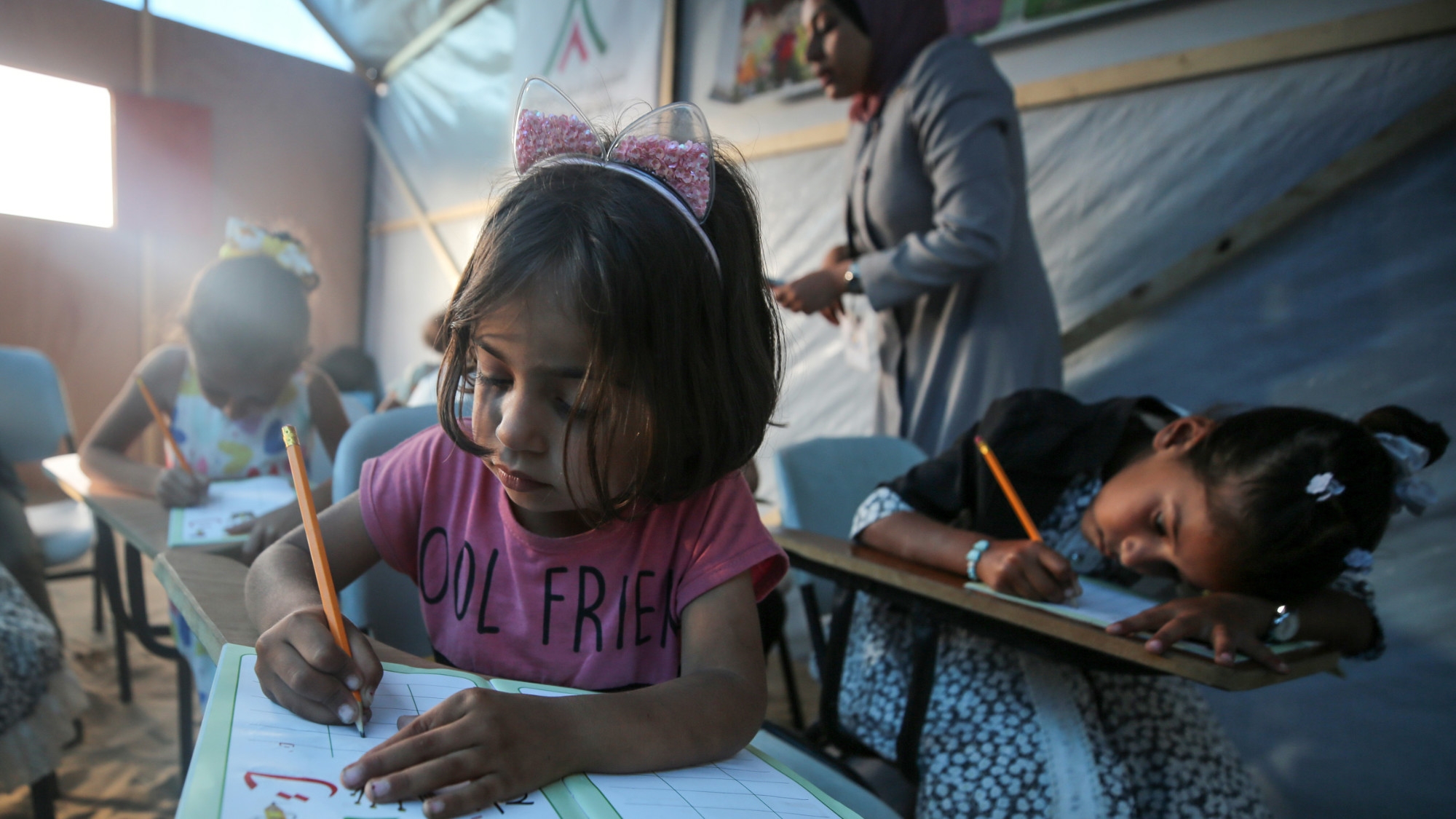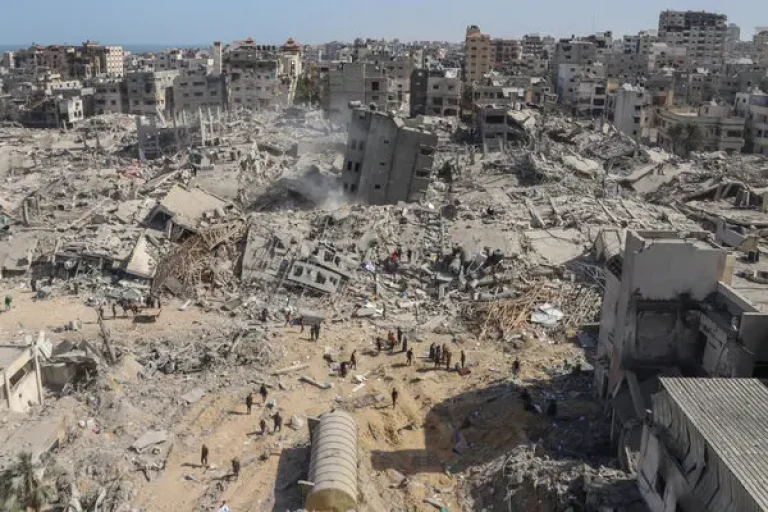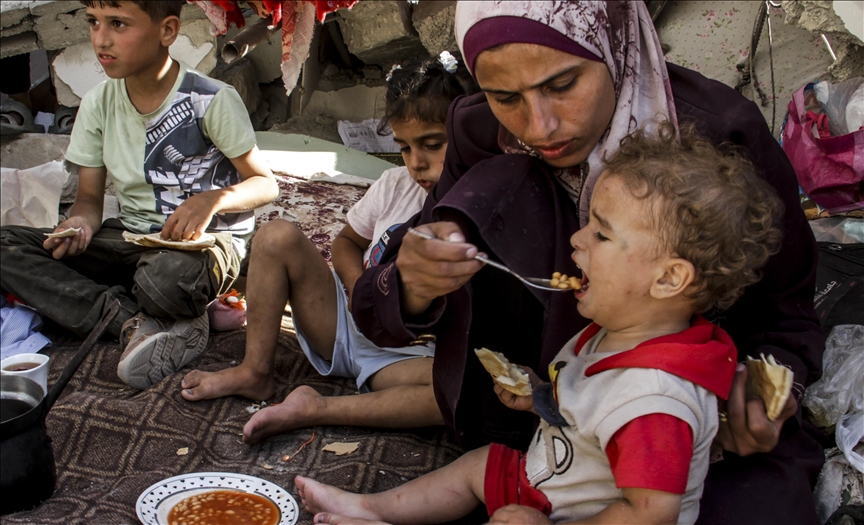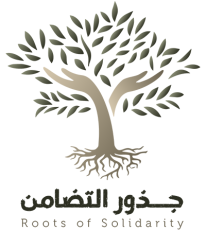Emergency Relief for Gaza: Providing Lifelines Amidst An Ongoing Genocide
In Gaza, emergency relief is more than a form of mutual aid—it is a vital response to ongoing adversity. For over a year, Gaza has endured frequent attacks, prolonged blockades, and extensive devastation that has left communities struggling to meet their basic needs. Amid the rubble of buildings, the loss of livelihoods, and limited access to essential services, emergency relief initiatives aim to bring immediate relief, provide a sense of stability, and offer hope to the people of Gaza. This program is dedicated to addressing their urgent needs and supporting their resilience in the face of continuous hardship.
The Importance of Emergency Relief in Gaza
Gaza has long been subject to frequent attacks and blockades, but recent escalations in violence have intensified the situation, pushing resources to their limits and plunging many families into survival mode. Emergency relief has become crucial for addressing the needs of Gaza’s residents, providing essentials such as food, water, medical care, and shelter. However, these initiatives extend beyond basic necessities, offering psychological support and community rebuilding efforts to restore a sense of security and dignity among the affected population.
Shelter and Housing Support: One of the greatest challenges in Gaza is the loss of homes and safe spaces due to ongoing attacks. In neighborhoods where buildings have been damaged or destroyed, families are left with few places to seek refuge. Our emergency relief program prioritizes providing temporary shelters and working toward housing solutions, enabling families to stay safe from the elements and regain a sense of stability. Each shelter established not only protects people but also fosters a sense of community and solidarity among those enduring similar struggles.
- Food and Clean Water Supplies: Gaza faces a significant food and water crisis due to destroyed infrastructure and restricted resources. Emergency relief efforts focus on distributing essential food supplies—non-perishable items like rice, lentils, canned goods, and cooking oil. Ensuring a steady supply of clean drinking water is also critical. With water sources compromised and sanitation facilities destroyed, the risk of waterborne diseases is high. Relief efforts work to deliver clean water, build temporary filtration systems, and repair damaged water infrastructure to provide clean and safe water.
Medical Assistance and Healthcare: Health services in Gaza have been severely impacted, with hospitals overwhelmed and supplies running dangerously low due to the targeting of Gaza’s medical infrastructure. Emergency relief brings much-needed medical aid to those suffering from injuries and illnesses, with a focus on critical and trauma care. Supporting and providing medical resources for doctors, nurses, and paramedics on the ground to allow them provide immediate treatment, while supporting mobile clinics that extend healthcare services to communities with limited access to medical facilities. Beyond physical injuries, supporting relief programs also address the mental health of those affected, offering counseling and support to help people process trauma.
Education Support for Children: The attack on Gaza’s education system is undeniable, and many schools have been damaged or destroyed. Maintaining access to education is vital for children’s psychological well-being and future prospects. Emergency relief programs work to establish temporary learning spaces, distribute educational supplies, and create safe areas for children to continue their studies and engage in structured activities. Education offers children a sense of normalcy and hope, helping them to envision a future beyond the current hardships.
How Emergency Relief is Coordinated in Gaza
In Gaza, an ongoing siege and destroyed infrastructure create additional barriers, the coordination of emergency relief efforts requires innovation, resilience, and dedication. We all must work together to ensure that aid reaches the most vulnerable.
- Collaboration with Local Organizations: Local organizations and community leaders play a central role in identifying the most urgent needs and distributing aid efficiently. Working with those who understand Gaza’s communities allows for a more effective and responsive approach. Our local leaders and volunteers are often the first responders, helping us navigate access challenges, communicate with residents, and organize distribution efforts.
- Logistics and Distribution Amidst Siege: Bringing supplies into Gaza is fraught with logistical challenges, as borders are frequently closed and conditions fluctuate. We rely on careful planning and coordination with merchants to purchase supplies that are able to arrive safely in Gaza. Despite these hurdles, our emergency relief programs remain steadfast in delivering resources, prioritizing flexibility and adaptability to continue supporting the people of Gaza.
- Sustaining Emergency Relief Over Time: The ongoing nature of Gaza’s genocide demands a sustained commitment. Unlike one-time disaster relief, Gaza’s situation requires continuous support to address evolving needs. We have designed our relief programs to adapt, providing immediate assistance while also maintaining a steady supply of resources for long-term recovery and stability.
The Role of Donations in Gaza’s Emergency Relief
Donations serve as the backbone of emergency relief for Gaza. These contributions fund every aspect of relief—from the procurement of life-saving supplies to the logistical costs of distribution. The unwavering support of donors enables emergency programs to continue delivering vital assistance, even when conditions worsen.
- Transparency and Accountability: Trust is crucial for those donating to Gaza’s emergency relief efforts. Donors want assurance that their contributions directly aid those in need, especially in a region where every dollar can make a significant difference. We prioritize transparency by providing regular updates, publish reports, and maintain accountability for every donation received, ensuring funds are directed where they are most needed.
- Immediate Response and Preparedness: In Gaza, situations become emergencies at any moment, so having funds readily available is essential. Your donation empowers us to respond without delay, supplying food, medical aid, and other essentials as soon as possible. Emergency funds allow relief programs to act swiftly and decisively, providing support when it’s needed most.
- Long-term Commitment to Recovery: Sustained donations are critical for supporting Gaza’s long-term recovery. While immediate needs are urgent, long-term relief is equally important to rebuild and stabilize communities. Your donation helps establish programs focused on mental health, education, infrastructure repair, and economic empowerment, allowing Gaza’s residents to recover and strengthen their resilience.
How You Can Make a Difference
Supporting Gaza’s emergency relief efforts can make an immediate, tangible impact. By donating, volunteering, or simply spreading awareness, you play an essential role in offering hope and relief to the people of Gaza.
In Gaza, where bombings and scarcity have become a daily reality, emergency relief provides vital support and hope. Through coordinated efforts, community involvement, and global solidarity, we can bring life-saving assistance to those who need it most. Every contribution strengthens the resilience of Gaza’s people, offering them the resources they need to face each day with renewed strength and hope. By standing with Gaza’s residents through emergency relief, we show that even in the darkest times, compassion and unity can make a powerful difference. Together, we can support the people of Gaza in their journey toward survival, recovery, and the pursuit of a brighter future.
Support Programs for Gaza

Education and Future

Rebuilding Homes

